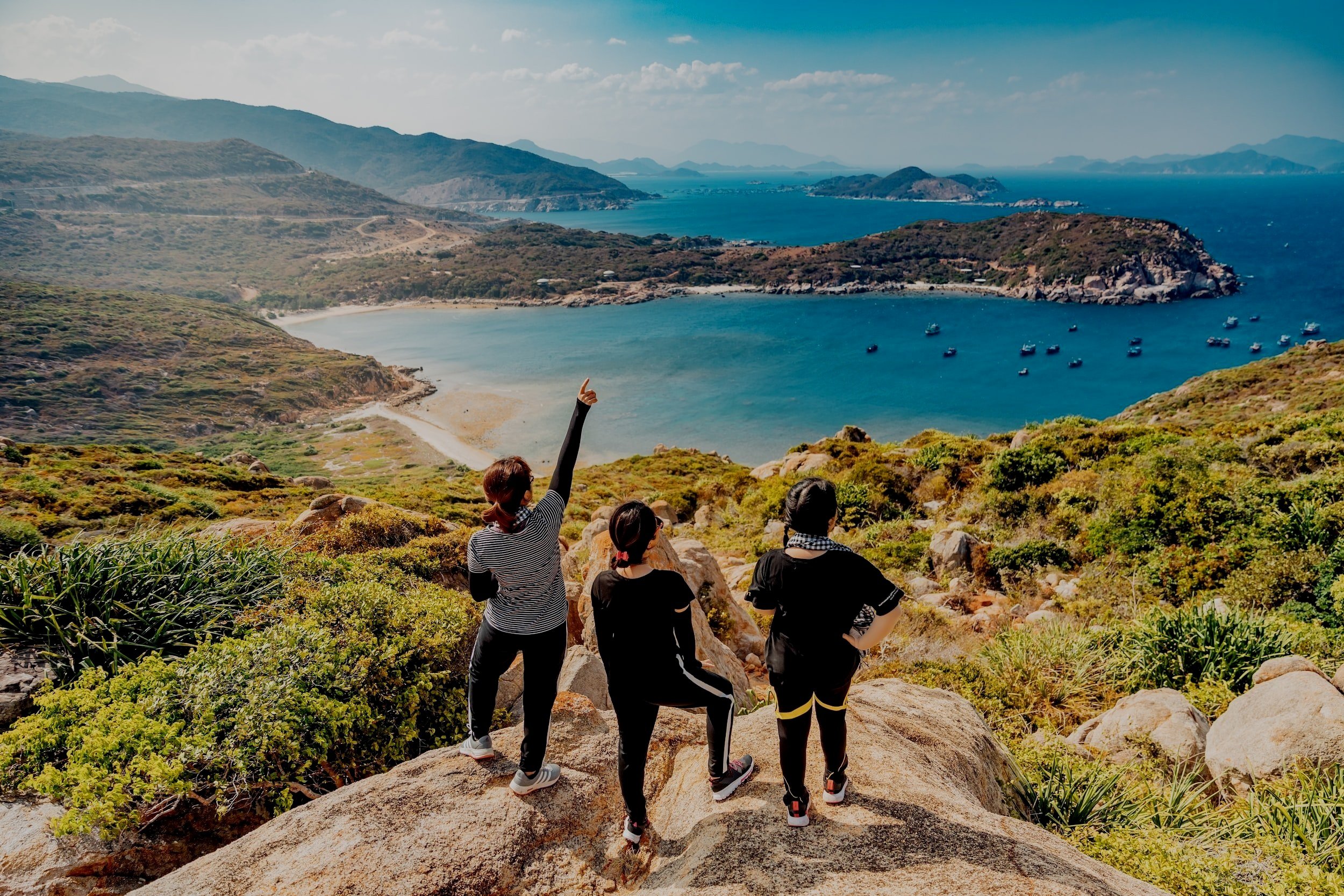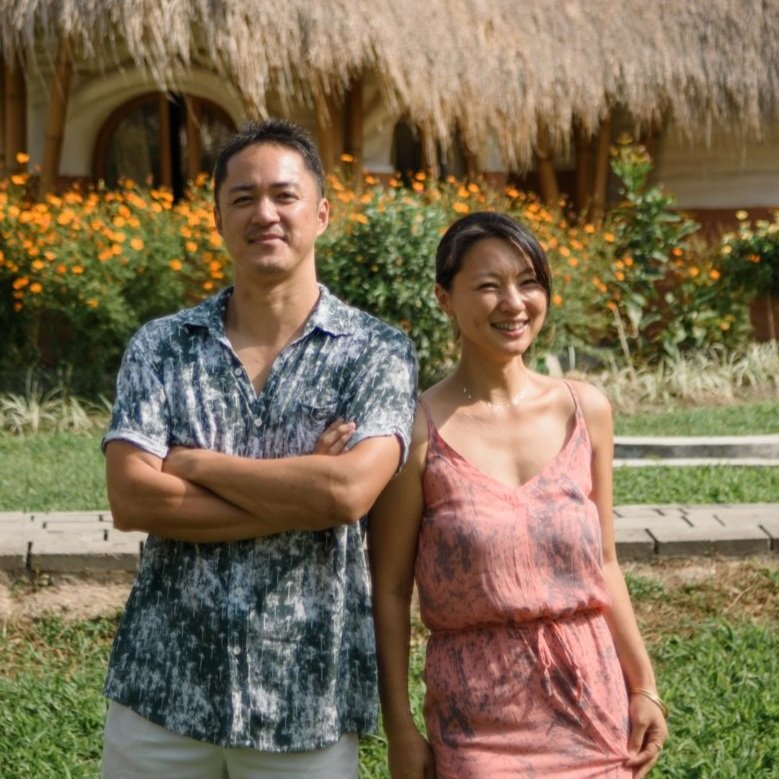
Asia Sustainable Travel Changemakers
Asia Sustainable Travel Changemakers
is a series of articles that highlight and honor passionate leaders who are driving positive change in the way we travel in the region. Our aim is to bring attention to the changemakers with proven ideas and inspire others to join the sustainability movement.

Ann and Billie Dumaliang: Guardians of Masungi Georeserve

Aska & Tomo Hamakawa: The Husband-and-Wife Team Running SE Asia’s First B-Corp Hotel

Marcus Cotton: The Sustainability Warrior Who Found His Calling in the Nepali Himalayas

Dr. Mina Gabor: Fostering Sustainable Tourism and Developing Asia's Future Green Leaders

Masaru Takayama: The Trailblazer Championing Sustainable Travel in Asia

Susan Santos de Cardenas: Leading Sustainable Tourism Transformation with Capacity Building

Rigzin Lachic: Redefining Sustainable Luxury Hospitality in the Indian Himalayas

Bill Bensley: Designing a Sustainable Future in Hospitality

Chalana Perera: Regenerating Sri Lanka’s Tourism into a Sector that Benefits All

Sarah Rhodes: Empowering Hotels to Combat Plastic Pollution for a Greener Tomorrow
If you know someone who deserves recognition as an Asia Sustainable Travel Changemaker, please click the link below to nominate your candidate or even yourself.
Work with us
Ready to take your business to the next level — with purpose?
From B2B content development, such as impact reports and newsletters, to speaking engagements and business match-matching, we offer a full suite of services designed to grow your business and drive enduring impact.
And we don’t stop there. 5% of all revenue goes directly to traceable social and environmental initiatives across Asia.

